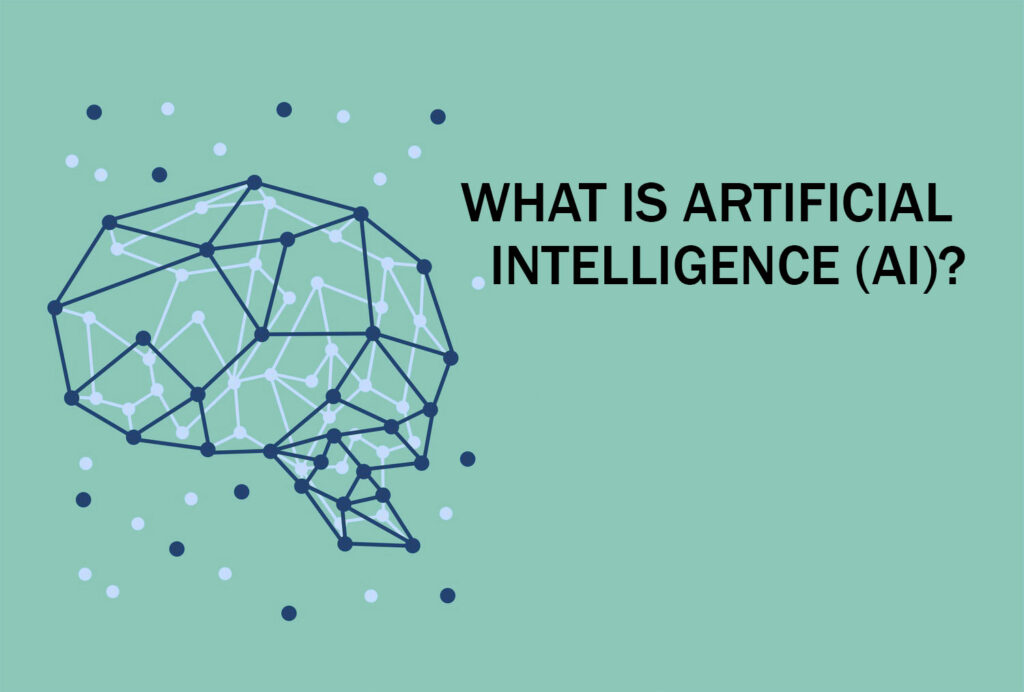
What is Artificial Intelligence (AI)?
Artificial Intelligence (AI) is no longer just a futuristic concept; it’s a transformative force shaping our world today. From virtual assistants like Siri and Alexa to advanced algorithms driving personalized shopping experiences, AI is deeply integrated into our daily lives. But what exactly is AI, and how is it revolutionizing various industries?
Understanding AI: Narrow vs. General AI
At its core, AI refers to the development of computer systems that can perform tasks usually requiring human intelligence. Narrow AI, which dominates the current landscape, focuses on specific tasks like image recognition or language translation. On the other hand, General AI—though still largely theoretical—aims to replicate the full range of human cognitive abilities.
How AI is Transforming Everyday Life
One of the most significant impacts of AI is visible in personal assistants like Siri, Google Assistant, and Alexa. These tools utilize natural language processing (NLP) to understand and execute voice commands, streamlining everyday tasks such as setting reminders or controlling smart home devices.
AI is also revolutionizing the e-commerce landscape. Platforms like Amazon leverage AI to analyze user behavior and suggest products that align with their preferences. Similarly, Netflix and Spotify use AI to curate personalized content, enhancing user experience and engagement.
The Role of AI in Various Industries
AI in Healthcare
In healthcare, AI is making waves by enhancing diagnostic accuracy and patient care. AI-driven tools are used to analyze medical images, predict patient outcomes, and even assist in surgeries. For instance, AI systems can detect anomalies in X-rays or MRIs, potentially identifying diseases at an earlier stage than human practitioners.
AI in Finance
The financial industry is another sector reaping the benefits of AI. From fraud detection to automated customer service, AI algorithms are streamlining operations and reducing errors. AI-powered chatbots, for example, provide instant customer support, while advanced algorithms manage investment portfolios with precision.
Addressing the Challenges of AI
Despite its advantages, AI also presents challenges. One of the main concerns is the potential for job displacement in sectors heavily reliant on automation. As AI takes over repetitive tasks, workers in these fields may need to adapt by acquiring new skills.
Data privacy is another critical issue. AI systems require vast amounts of data to function effectively, raising concerns about how this data is stored and used. Ensuring that AI is developed with ethical considerations in mind will be crucial as the technology advances.
The Future of AI: What Lies Ahead?
Looking ahead, the potential applications of AI are virtually limitless. From self-driving cars to AI-driven scientific research, the future promises even more integration of AI into our daily lives. However, it’s essential to approach these advancements with a balanced perspective, weighing both the benefits and the challenges.






